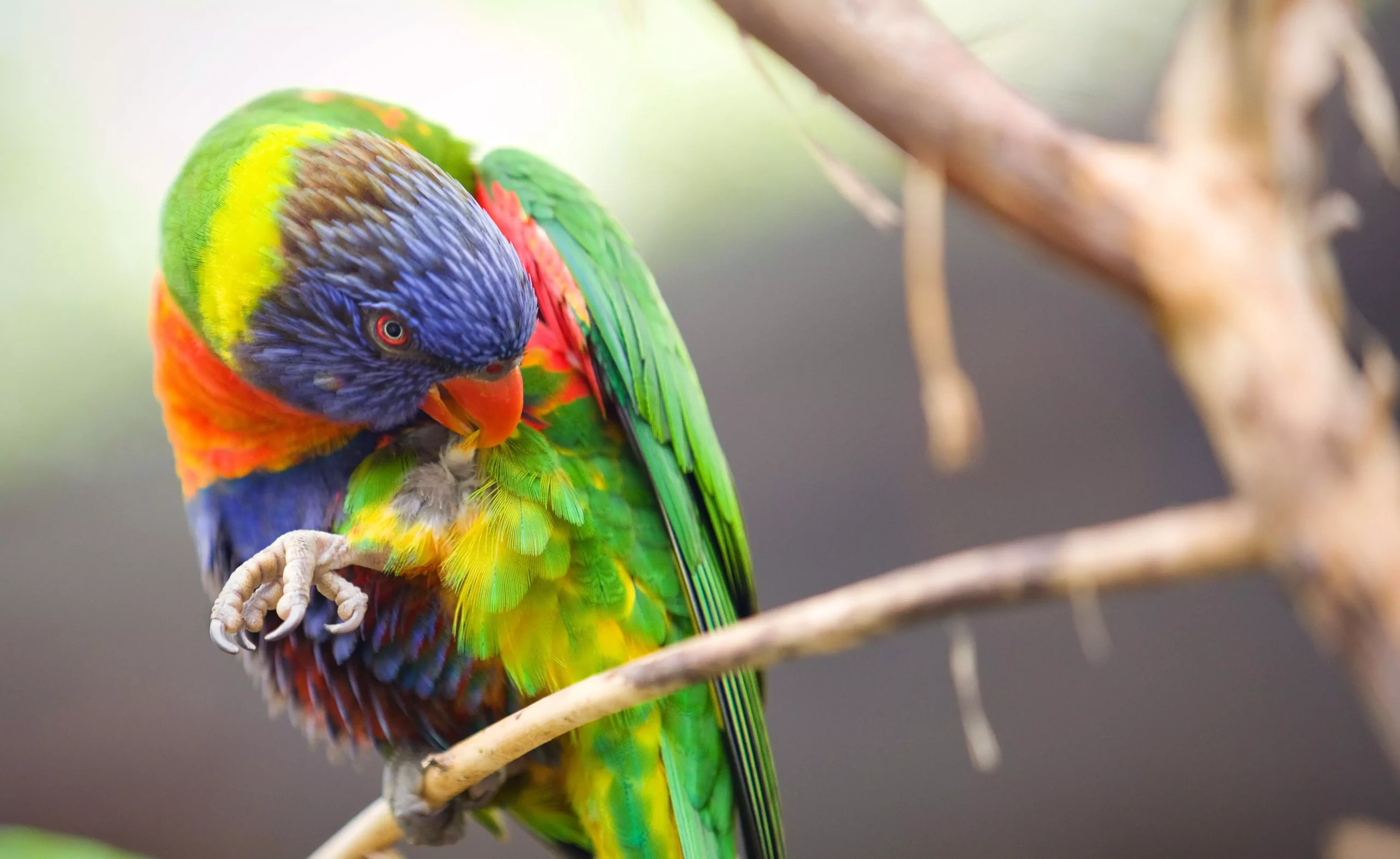When it comes to the companionship of pet birds, many owners find themselves facing a host of behavioral challenges. Among these, biting stands out as one of the most frequently reported issues. This behavior can be not only painful but also perplexing for bird owners. Fortunately, understanding the underlying causes of this biting behavior can lead to effective correction methods.
Birds, like many animals, communicate through their actions, and bites can be a signal of various underlying emotions. One essential step in addressing biting is to analyze the context in which it occurs. Does your bird bite out of fear? Birds can be sensitive to their surroundings, and sudden movements or loud noises can easily startle them. Additionally, hormonal fluctuations might lead some birds to exhibit aggressive biting. For instance, during breeding season, a bird might feel more territorial and act defensively. Playfulness can also be misinterpreted as aggression; sometimes, a bird simply wants to engage with its owner. By observing your bird’s body language and the environment, you can begin to understand its motivations and subsequently address the behavior.
Another prevalent concern in avian behavior is problematic screaming. While vocalization is a natural part of a bird’s existence, persistent screaming can indicate deeper issues. Common triggers for excessive vocalization include boredom, anxiety, or a lack of social interaction. Addressing vocal issues may involve enriching your bird’s environment with toys, interactive games, and plenty of attention. If you have ensured that your bird’s needs are met but the screaming continues, it may be advantageous to consult a parrot behavior expert. They can provide tailored strategies that contemplate your bird’s personality and specific circumstances, facilitating a healthier and quieter living situation.
Parrots and other birds are intelligent creatures that thrive on mental stimulation. When they are bored or lack engagement, they may resort to destructive behaviors as a form of entertainment. Assess your daily routines and the level of interaction you provide for your pet. Are you spending quality time engaging in play? Are there enough toys to keep them entertained? Consider rotating toys and introducing new activities regularly to keep your bird mentally engaged. Building a deeper connection with your bird can significantly reduce these damaging behaviors.
Territoriality in birds can be another sign of behavioral distress, often triggered by hormonal changes or insecurity within their environment. If your bird has started to display excessive guarding behaviors, it’s crucial to reinforce your bond by employing bonding techniques such as training exercises, gentle handling, and spending uninterrupted time together. Birds are social animals that thrive on companionship, and improving your relationship can yield significant behavioral benefits. But if improvement is slow, seeking help from a professional behavior consultant may be the next best step.
Out of all behavioral issues, feather plucking can be one of the most alarming and detrimental to a bird’s well-being. This behavior often stems from stress, boredom, or medical issues. If feather plucking becomes apparent, consulting an avian veterinarian is crucial to rule out any medical conditions. If health issues are dismissed, take a closer look at your bird’s living conditions. Ensure its cage is appropriately sized, clean, and stimulating. Proper nutrition and regular interaction are essential components to maintaining a healthy and happy bird. Addressing these factors can mitigate stress, reducing the likelihood of plucking.
The behaviors of pet birds can often be a complex interplay of emotions, environment, and health. By carefully observing and evaluating your bird’s habits, you can identify the root causes of behavioral problems. With patience, proper care, and, if necessary, the help of professionals, most behavior issues can be effectively addressed, resulting in a happier pet and a more harmonious home. Owning a bird requires commitment, but the rewards of a well-adjusted feathered companion are invaluable.

